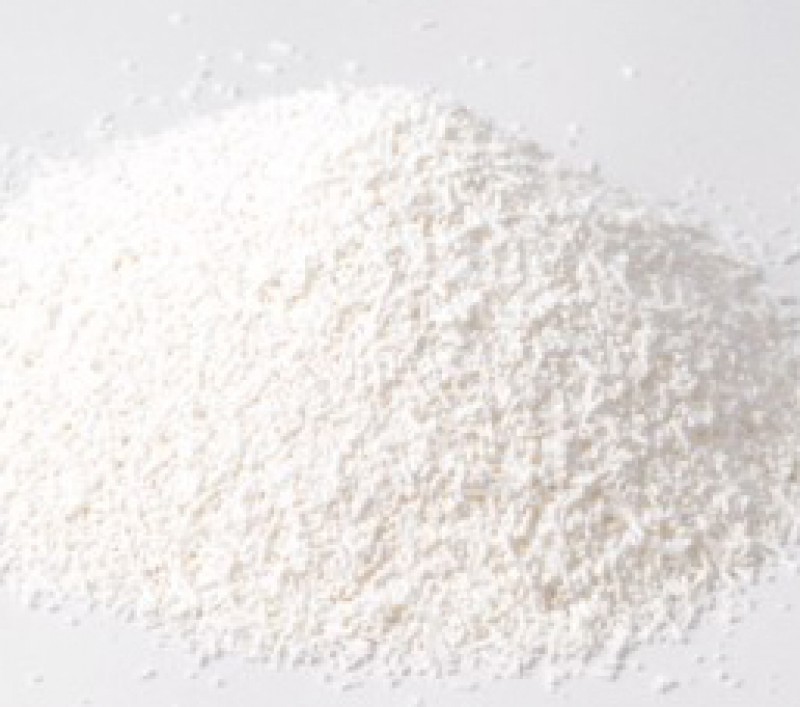
Potassium sorbate is a food preservative that is widely used in the food and beverage industry to prevent the growth of mold, yeast, and certain bacteria. It is a potassium salt of sorbic acid and is known for its effectiveness in inhibiting the growth of microorganisms. Here are some common uses of potassium sorbate in food:
Preservative: The primary use of potassium sorbate in food is as a preservative. It helps extend the shelf life of a wide range of food products by preventing the growth of spoilage microorganisms. This is particularly important in products with a longer shelf life, such as canned fruits, processed meats, and baked goods.
Baked Goods: Potassium sorbate is used in baked goods like bread, cakes, and pastries to prevent mold and yeast growth, thereby enhancing the product's freshness and prolonging its shelf life.
Dairy Products: It can be found in various dairy products, such as cheese, yogurt, and cream-based desserts, to inhibit the growth of spoilage microorganisms and extend product life.
Fruit Juices and Beverages: Potassium sorbate is used in fruit juices and beverages, particularly those with a long shelf life, to prevent fermentation and spoilage. This ensures that the beverages remain safe for consumption.
Sauces and Condiments: It is used in sauces, salad dressings, ketchup, and mayonnaise to prevent spoilage and maintain product stability.
Jams and Jellies: Potassium sorbate is used in the production of jams and jellies to prevent mold growth and prolong product quality.
Pickles and Fermented Foods: It may be used in pickled products and fermented foods to maintain their freshness and prevent unwanted microbial growth.
Canned and Processed Foods: In canned and processed foods, potassium sorbate is used to inhibit the growth of spoilage microorganisms and extend the product's shelf life.
No Review Found.
Login To Comment